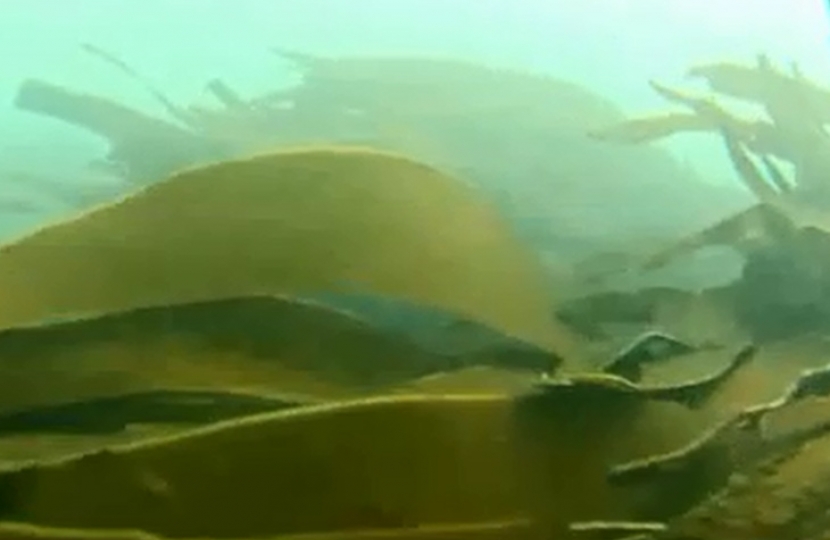
(Article reposted from Adur and Worthing Council)
Plans to limit trawling off the coast which will boost marine wildlife and help combat climate change have been welcomed by leaders in Adur and Worthing.
The Nearshore Trawling Byelaw introduced by Sussex Inshore Fisheries and Conservation Authority (Sussex IFCA) was this week approved by the Secretary of State for the Department for Environment, Food & Rural Affairs, the Rt. Hon. George Eustice.
It means that more than 300 square kilometres of seabed off the Sussex coast will now be protected from trawling - a measure which should allow essential habitats, such as kelp forests, to regenerate.
Once established, the ecosystem is expected to support sustainable inshore fishing with species such as bass, sole, black seabream, lobsters and cuttlefish, thriving in the conditions.
Coastal kelp beds also help combat climate change by removing carbon dioxide from the atmosphere, reduce coastal erosion by absorbing wave energy and provide a haven for wildlife.
Adur & Worthing Councils, which supported the Sussex Wildlife Trust's 'Help Our Kelp' campaign, welcomed the move and acknowledged it was a great example of how communities can work together to respond to the climate crisis.
Cllr Emma Evans, Adur District Council's Executive Member for Environment, said:
“I'm delighted ministers have listened to the thousands of people who supported this trawler ban and the Help our Kelp campaign.
“On paper, it may not seem much - but the restrictions will, over time, allow the rejuvenation of the kelp forests which will mean we have a more environmentally and economically vibrant coastline for generations to come.”
The adoption of the byelaw by ministers comes a year after Sussex IFCA proposed the restriction.
The new fisheries management measures are specifically intended to help safeguard the habitats that will ensure sustainable inshore fisheries into the future. Those areas protected include a large area extending 4km seaward between Shoreham-by-Sea and Selsey Bill.
Historically, until the late 1980s this area held extensive, dense kelp beds that supported abundant marine life. The kelp is now largely absent, so the ecology of the area is significantly diminished compared with the recent past.
Sussex IFCA said it will be working with partners and the community to raise awareness of the importance of marine habitat protection and its links to sustainable fisheries.
For more details visit:
Photo: Underwater kelp forests could develop off the Sussex coast thanks to a new nearshore trawler ban (credit Sussex IFCA)


